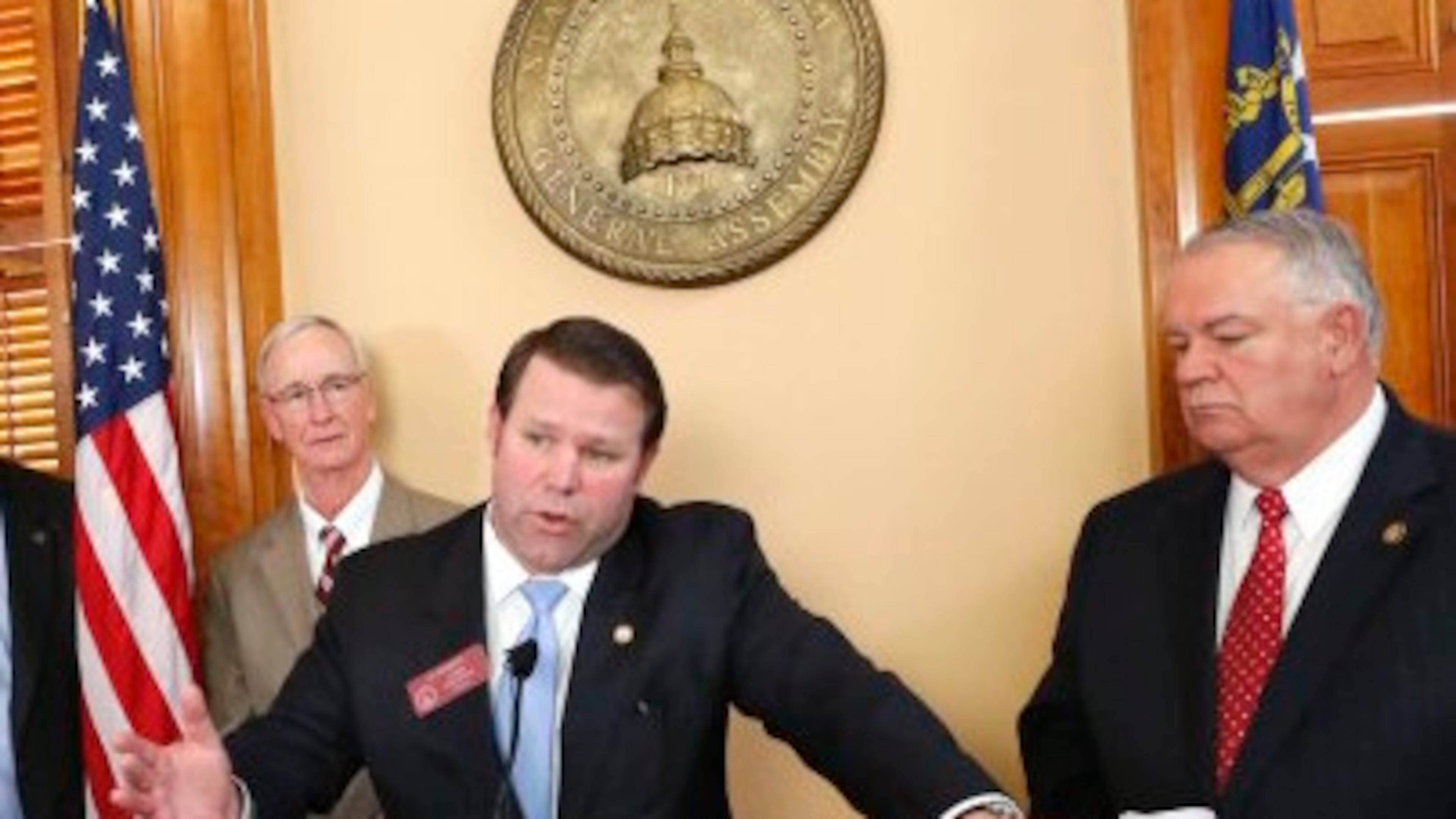How'd they find $1 billion, with no tax hike? Hint: They didn't

House Speaker David Ralston predicts that when it's all done, the new transportation funding proposal floated this week will bring “our state into the 21st century,” providing an additional $1 billion for transportation without “an increase in state taxes on Georgians.”
That’s a neat trick: One billion dollars in new transportation money, without a tax hike? Really?
No.
Most of that money is generated through legislative sleight-of-hand. It takes somewhere between $550 million and $700 million a year in revenue sources traditionally used by local governments and converts that money into state transportation funds. In other contexts, you might call that stealing. In Georgia, it’s called leadership.
You know what happens next: Local governments, their finances strapped by the recession, will raise other taxes to close the gaping hole left by the state’s raid. But the onus of raising those taxes will be put on county commissions, school boards and city councils, not state legislators. The state gets the revenue; local officials get the heat. It’s beautiful.
Jay Roberts, chair of the House Transportation Committee, also argued Wednesday that the proposal represents an historic change in the state’s attitude toward transit, a word that he repeated for effect.
“I know that there’s some that heard me say ‘transit’,” he said. “We believe … it is time for the state to look at transit funding not only now but for the future.”
So let’s look at that future.
The proposal takes the current 4 percent sales tax on motor fuel — representing some $720 million to $800 million in revenue — and converts it to a motor fuel excise tax. While there are valid reasons for the change, it has profound implications for transit. In effect, it takes that $800 million — some of which might be available for future transit — and permanently reserves it for highways. (Under an archaic provision of the state constitution, motor fuel excise taxes can be used only on roads and bridges.)
True, the House does intend to levy a fee of $200 on cars fueled by electricity, propane or natural gas, and $300 on alternative-fuel fleet vehicles, with the revenue intended for transit. The fee itself is fair, given that such vehicles don’t pay motor fuel taxes, but the revenue generated by it will be tiny — probably less than $10 million, to be spent statewide. And even then, there’s no guarantee it will be spent on transit. The state code is strewn with fees that were supposedly earmarked for specific purposes -- tire disposal comes to mind -- but that legislators have hijacked for other purposes.
Roberts also held out the promise of transit funding in a “significant” new state bond measure. While that would be a welcome break from the state’s long-time hostility to transit, a short-term allocation does nothing to address the real issue: Transit cannot become a viable option in Georgia without its own long-term, dedicated funding stream.
At best, transit advocates are being tossed a few scraps and vague promises of better days ahead in return for their support for a plan almost exclusively weighted toward highways. While Georgia needs that highway construction, the “21st century transportation plan” touted by Ralston requires a balanced approach that this doesn’t come close to achieving.

